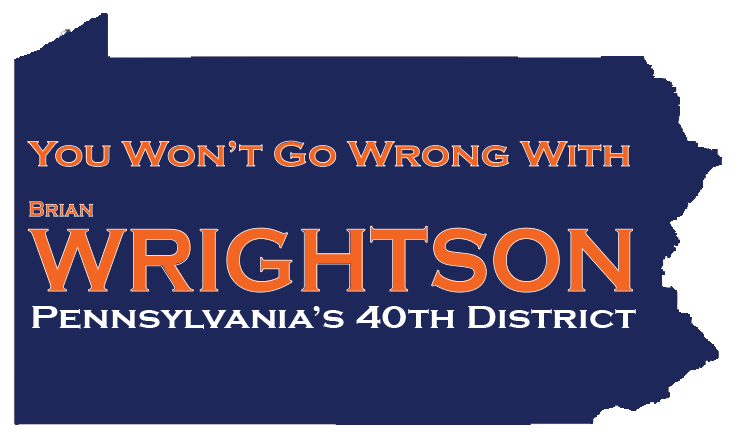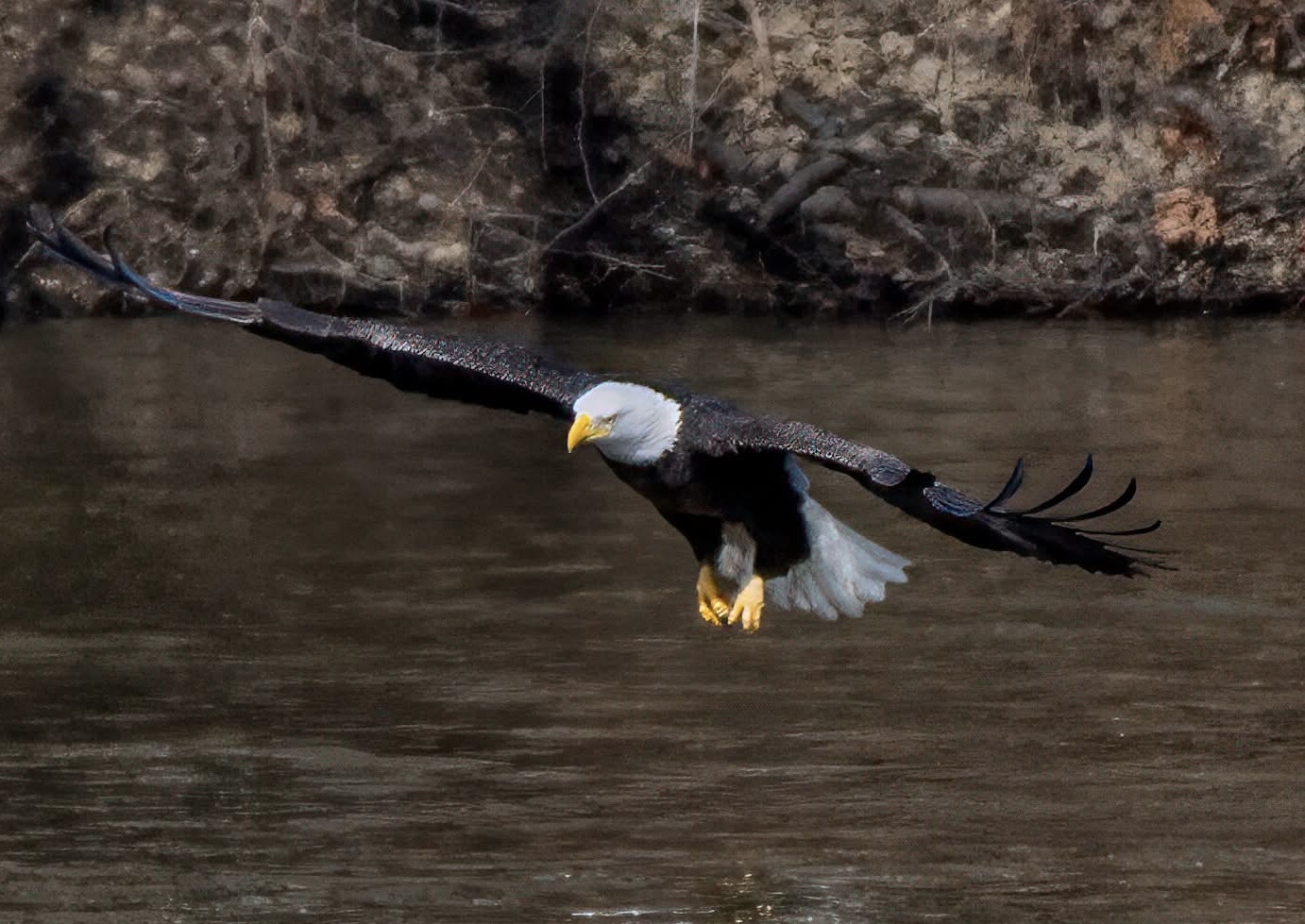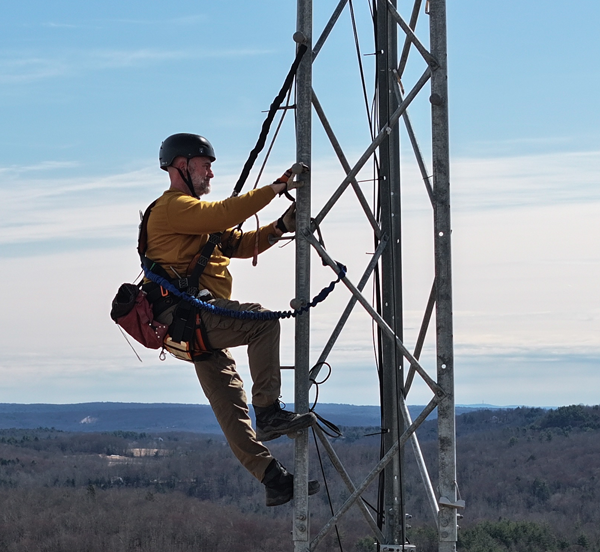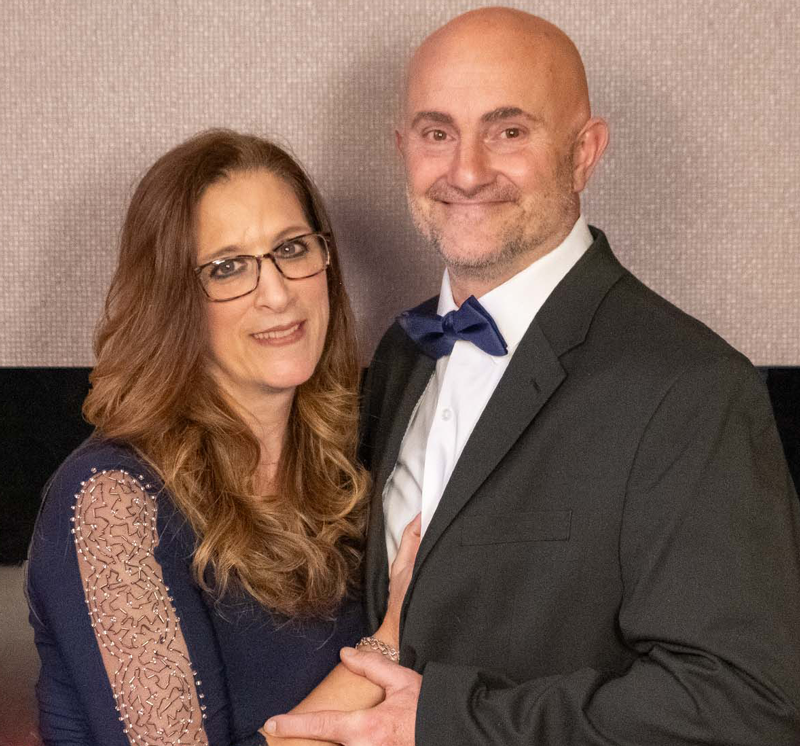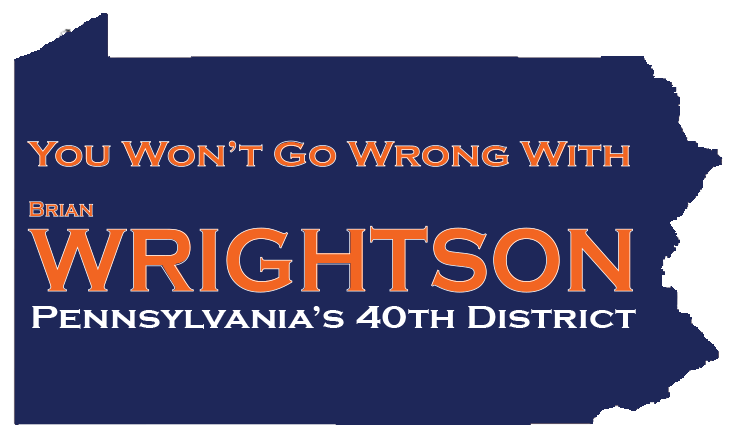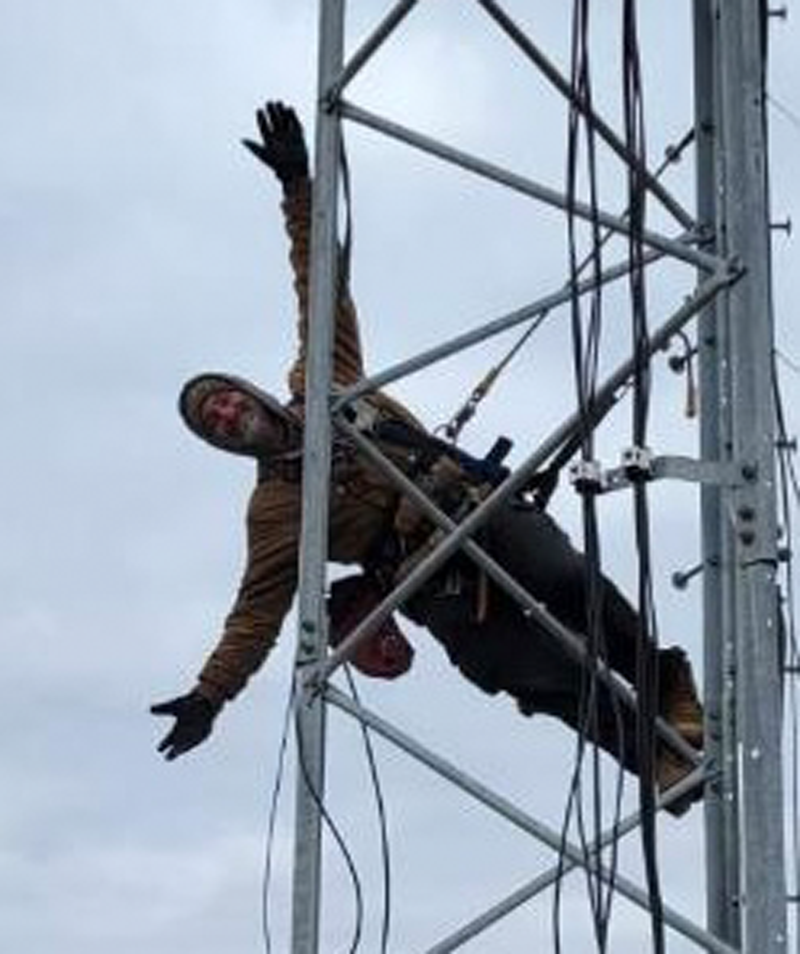Protecting Our Environment While Growing Our Economy
Protecting the environment and promoting economic growth are not opposing goals—they are essential to one another.
Through sustainable practices, innovation, and smart policy changes, we can ensure both environmental stewardship and economic prosperity for Our Region.
I am committed to a balanced approach that fosters responsible development while conserving our vital waterways, forests and air, including:
- The multi-recreational Delaware River, a cornerstone of our region’s outdoor economy, drawing anglers, kayakers, boaters, and tourists.
- The historic Lackawaxen River and Dyberry Creek, have played a vital role in our local heritage and remain essential for recreation and wildlife.
- The trophy trout waters of the Lackawanna River, are a key habitat for fisheries that support tourism, local businesses, and Pennsylvania’s outdoor economy.
These waterways and natural landscapes contribute nearly five billion to our economy and nearly 40000 jobs through recreation and tourism. We can and must ensure their protection while allowing responsible growth and job creation.
Sustainable Solutions for a Stronger Future
We must take proactive steps to modernize industries, empower workers, and invest in long-term sustainability while creating economic opportunities. This includes:
Expanding Clean & Efficient Energy
Transitioning to cleaner, more efficient energy is a win-win for businesses and the environment. I support policies that:
- Provide grants and tax incentives for businesses to invest in energy-efficient manufacturing and operations.
- Expand solar and wind projects to reduce dependence on fossil fuels while creating high-paying jobs in the renewable energy sector.
- Improve energy efficiency standards in residential and commercial buildings, saving businesses and homeowners money while reducing emissions.
Supporting Sustainable Agriculture & Land Use
Farmers are stewards of our land, they need our support! We must provide support for sustainable agriculture that benefits both their livelihoods and our natural resources. I propose:
- Training and grants to help farms adopt regenerative agriculture, such as cover cropping, no-till farming, and rotational grazing, which increase yield while improving soil and water quality.
- Expanding funding for precision agriculture technology, helping farmers use water and fertilizers more efficiently, and reducing waste and runoff into our rivers and lakes.
- Strengthening conservation programs to preserve forests and wetlands, protecting biodiversity, and maintaining the natural filtration systems that keep our water clean.
Empowering the Skilled Trades
The transition to a more sustainable economy will require skilled workers—electricians, welders, plumbers, HVAC technicians, and construction workers—to upgrade infrastructure, install clean energy solutions, and modernize buildings. I support:
- Investing in vocational and apprenticeship programs to train workers in sustainable building techniques, renewable energy installation, and sustainable construction.
- Partnering with local trade schools and unions to create direct pathways into high-demand jobs in all trades including solar, wind, geothermal, and smart-grid technology.
- Expanding funding for infrastructure projects that use locally sourced, sustainable materials, creating jobs while reducing environmental impact.
Ensuring Clean Water & Reducing Industrial Waste
Access to clean and safe water is a fundamental right, yet pollution from outdated infrastructure and irresponsible industrial practices threatens this resource. We must:
- Hold polluters accountable with strict enforcement against industries that contaminate drinking water sources.
- Invest in modernizing wastewater treatment facilities, preventing harmful chemicals, microplastics, and agricultural runoff from entering our waterways.
- Expand waste reduction and recycling initiatives, helping businesses and municipalities reduce landfill waste while turning discarded materials into new economic opportunities.
Fighting Misinformation & Anti-Regulatory Forces
We cannot allow misleading propaganda from corporate polluters to derail common-sense environmental reforms. Industries that profit from pollution have the right to voice their concerns, but they do not have the right to spread falsehoods that prevent action.
When anti-regulatory forces dominate the debate, we all lose:
- Citizens are left with higher pollution levels, contaminated drinking water, and worsening climate effects.
- Businesses face uncertainty about long-term sustainability and economic growth.
- The Commonwealth falls behind in the clean energy market, missing out on billions in new investments and jobs.
We need a reasonable, fact-based debate on the role of government in environmental protection—one that prioritizes long-term economic stability and public health over corporate misinformation.
Our Moral Obligation to Future Generations
Preserving our natural resources, clean water, and biodiversity isn’t just about today—it’s about ensuring that our children and grandchildren inherit a livable, thriving Pennsylvania.
With responsible leadership, we can:
Protect our environment without stifling economic growth.
Create good-paying jobs through clean energy and skilled trades.
Ensure access to clean water, clean air, and sustainable resources for future generations.
It’s time for real action. Help me move Pennsylvania forward with smart policies, responsible development, and a commitment to sustainability.



